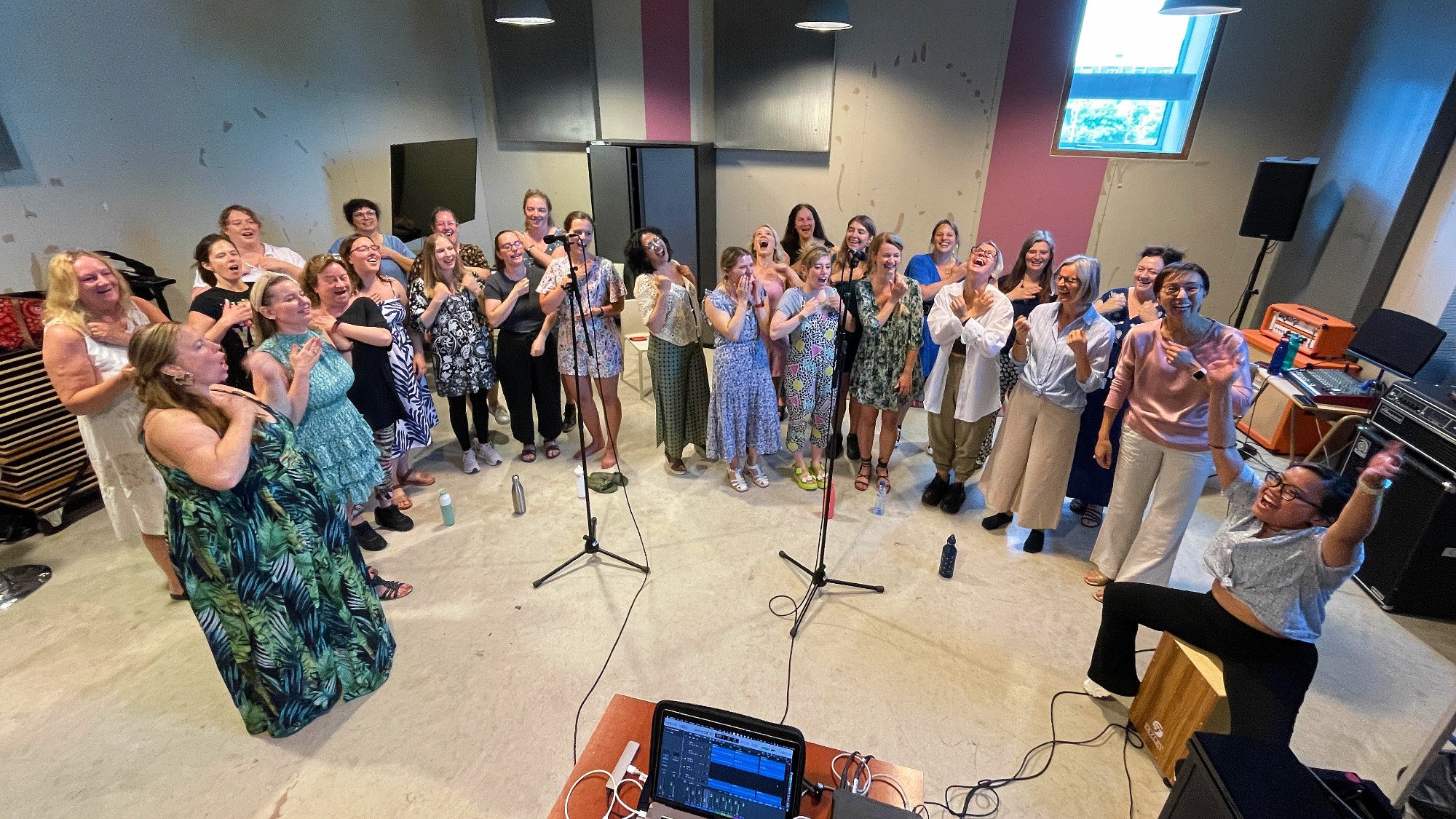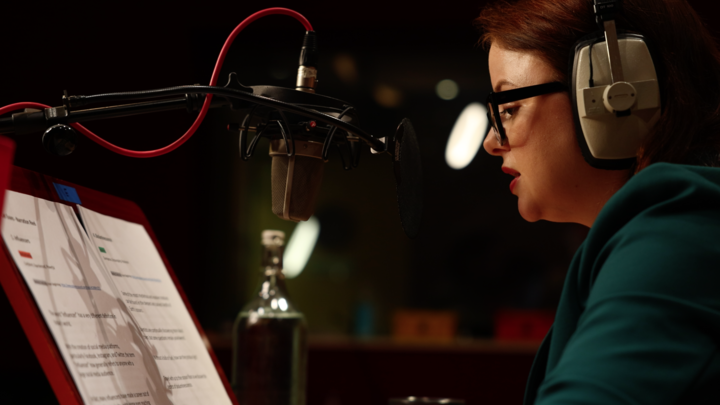
There was a time when I spent all my hard-earned babysitting money on plane tickets to New York, where I took private classes with a notorious teacher in the opera world.
My thoughts often go back to this time, which influenced who I became as a singer and as a teacher.
She was a brutal teacher, a caricature even of the archetypal opera teacher who accepts only perfection. She was incredibly strict with her advanced students, but me? I was not even close, so go figure what she hurled at me.
I remember that during my first stay in New York, she gave me a first compliment during the fifth lesson: 'you're a maniac'. It was a compliment about my work ethic. After all the slaying scrutiny I received, that made me stutter: that's the nicest thing anyone has ever said to me...!
I recorded my lessons with her on video. She threatened me though: if you ever put the recordings on social media, I will sue your ass.
(I still almost tremble writing about her, even though I don't mention her name.)
I went to her twice, for two extended periods of two classes a week. The second time, six months after the first, she told me: you have made no progress. It was devastating to hear, as I knew what progress I made, and it was not insignificant.
But almost as tough was my realization that she had a point: I wasn't showing my progress in her presence.
Why? Why was it only later when I could apply what I learned during those 6 months of the hardest work?
It took me a while to spot in myself the over-thinking, the moments of hesitation that ruin the technique, the airflow, the singing itself. Hesitation creates tension, and tension cancels out the new technique you want to practice.
And after I was aware of this tendency, I still needed time to figure out ways to work around it (hint: this should not involve anyone yelling at you to relax your muscles).
Fast forward years, and I'm a teacher myself. I often notice in my students the same tendency as I saw in myself. It was most obvious as they go to the high notes. Waiting, preparing, thinking and aiming. Then the tension builds up, which would cancel out the technique I taught. I found myself getting frustrated, which reminds me a lot of my own sessions as a student, and how my teachers would be annoyed with me.
The Three tricks to kill that moment of hesitation:
So I understand the frustration of a teacher whenever a student doesn't follow the instruction you give them. I could yell at my students... but instead, I trick them.
- One trick to kill the moment of hesitation is to start earlier - to rip off the band-aid, so to speak.
- On top of that, you also perform the required action faster. An example: if the exercise is about the hand moving backwards while singing, I want you to move the hand quicker when you move backwards. That prevents you from waiting before carrying out the technique, and prevents the old habits from coming back.
- You can also make a certain technical action larger. Especially when you sing high notes, everything has to be more extreme. The more we exaggerate the action, the more we focus on it and the less we are likely to do the thinking and hesitating.
Take-away
Become aware of those moments of hesitation and start removing them.
Because even if you study with the best, it will go to shit if you don't kill the moments of hesitation. I learned how to sing and then my body wouldn't do it. It would do other things.
Better to learn how to isolate one piece of instruction, narrow your focus on that and only that - without hesitating before, during or after. Easier said then done, maybe, but it's doable. I can help you with that, if you like.






Brutal story, good advice 🙂
Thanks, I think so, too. Sometimes it takes someone suffering through something to come up with a helpful treatment..